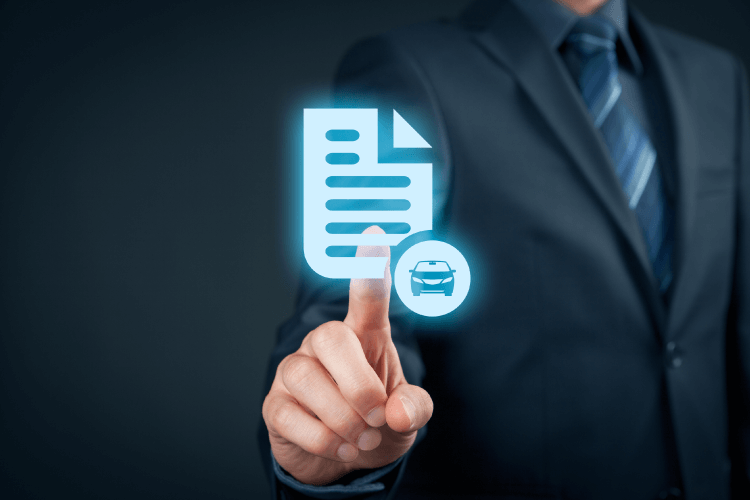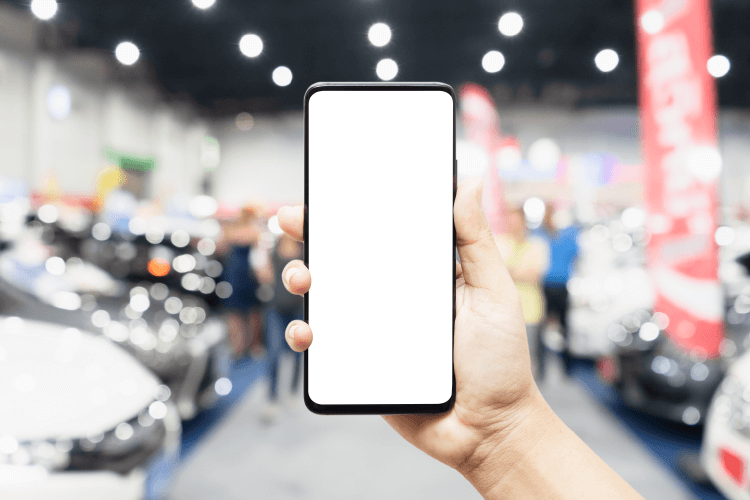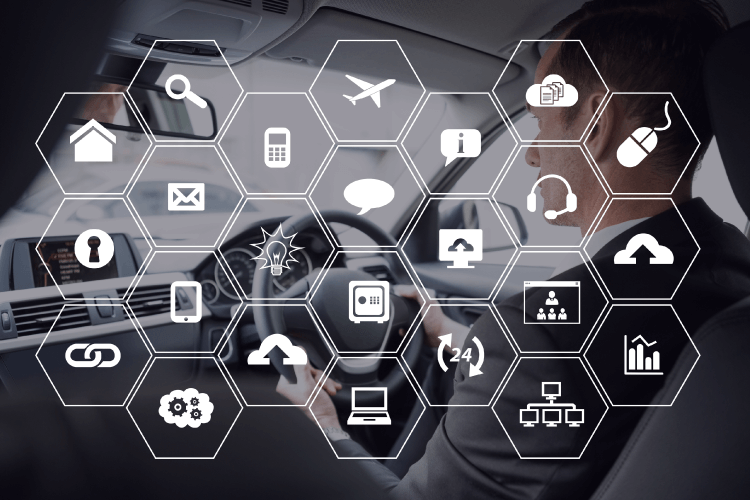Car shopping is on the rise again, but is moving online. During the pandemic, online shopping has become a strong part of the shopping habits of Slovenian consumers. However, buying a car is more complex than buying consumer goods, and car dealers cannot completely digitalize their purchase journeys just yet. What are the obstacles and how can dealers overcome them in the coming years, which will be critical to the recovery of the automotive industry?

According to consulting firm McKinsey & Company, consumer intent to purchase cars is almost the same as it was before the pandemic, with consumers placing less importance on the interaction with salespeople, which was often a key factor in their decision two years ago. For most consumers, online shopping is a perfectly suitable alternative to a personal visit to the dealership.
Finding a way around the obstacles
Buying a car remains a personal experience, but there is a growing trend towards digitising the entire purchase journey. Before the pandemic, car buyers visited the dealership on average eight times, but today they do so less than twice. In contrast, they now find themselves at 24 more digital touchpoints when shopping.
Digital channels still play a significant role, particularly in the incentive and research stage, when consumers are gathering information before making a purchase. The market for online car buying with home delivery is gaining ground in many other countries, although it is not currently available in Slovenia due to legal restrictions. As opposed to the appliances sector, the automotive industry is more complex, as it involves registering, arranging insurance, and borrowing or securing financing in addition to changing ownership.
Such ancillary services have already been digitised and enable faster procedures and streamlined remote business using digital channels. In spite of the many obstacles to online car shopping, the automotive industry has nonetheless had to adapt, modernize, and digitise in response to the new normal.

Connect physical and digital touchpoints
Car dealers can mitigate the challenges of researching and shopping for cars online by focusing on closely aligning their online and physical touchpoints.
Any successful online sale begins with a strong online presence. First and foremost, make it easy for buyers to gather and share information online and give them the most useful tools to find out what’s on offer or to choose the car that’s right for them. A simple online user experience and remote interaction with the salesperson have an even greater impact on purchase and customer satisfaction.
A car dealer’s role is to provide the right and relevant information to the customer online, delivered at the right time and place, and to simplify the buying process by offering an option for making a purchase online. However, the role of salespeople today is more advisory than persuasive. They should always be available to provide the buyer with additional information and offer support in case of complications.

Redefine innovation and ensure privacy
Online shopping has become the norm and what may be considered innovative for the conservative car industry is the new normal for the consumer. The only constant in a digital, high-tech world is change, which will be a competitive advantage rather than a problem for dealers who stay on top of their data and keep pace with trends. This has been demonstrated by Tesla, the first company to announce online car sales.
You can use business intelligence tools to track the right metrics, understand your customers at all times and predict outcomes while taking care to always stay within regulatory frameworks concerning data protection and privacy.

Increase your competitive advantage by building your own data silos
Three years ago, iPROM and Valicon discovered that the average purchase journey in the automotive industry takes more than 100 days. Today, the figure can vary depending on the availability of cars, the current offer and possible new public health measures.
The key is to identify customers’ needs to buy a car at the right time and in the right place and then effectively reach them with the right information. iPROM encourages its clients from the automotive industry to communicate with consumers using advanced and personalised ad formats, to harness the power of remarketing and to build their own data silos using iPROM DMP.
It allows companies to identify consumer purchase behaviours or intent in real time and more effectively reach customer needs through digital media. At the same time, it allows advertisers to protect the data about their potential customers from competitors and to further enhance the data in conjunction with other back-end systems.
